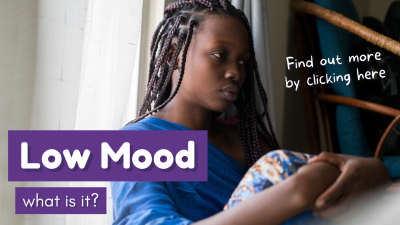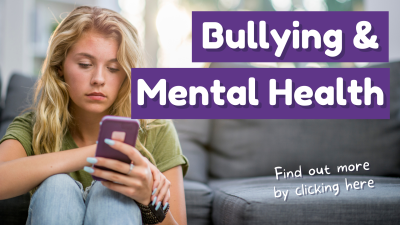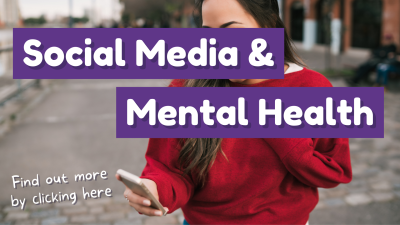I feel like hurting myself
**TRIGGER WARNING**
This page talks about self-harm, including what this can mean, as well as the experiences and feelings that can cause someone to hurt themselves. The content on this page could bring up difficult feelings; if you are feeling unsafe and don’t feel comfortable reading on, you can find support on our Services or Crisis pages or click the ‘Quick Exit’ button to leave this site immediately.
Self-Harm and Mental Health
Read on to find out more about self-harm, why this can affect young people, and how to find the right help for you. This page has been created with young people, for young people, to help you get the best possible support.


What is self-harm?
If a person is struggling with their feelings or things that are going on in their life, they might feel like hurting themselves in order to feel better. It might make them feel a sense of relief or take their mind off their problems, but this way of coping often only helps temporarily.
If you are self-harming, or having thoughts of hurting yourself, you have nothing to be ashamed of and you are not alone. This page is here to help you learn more about why you might be feeling the need to hurt yourself, get support from people you trust or professional services, and find safer ways of coping instead of self-harm.
If you need immediate medical help, or someone you know is seriously injured, click here to urgent support.
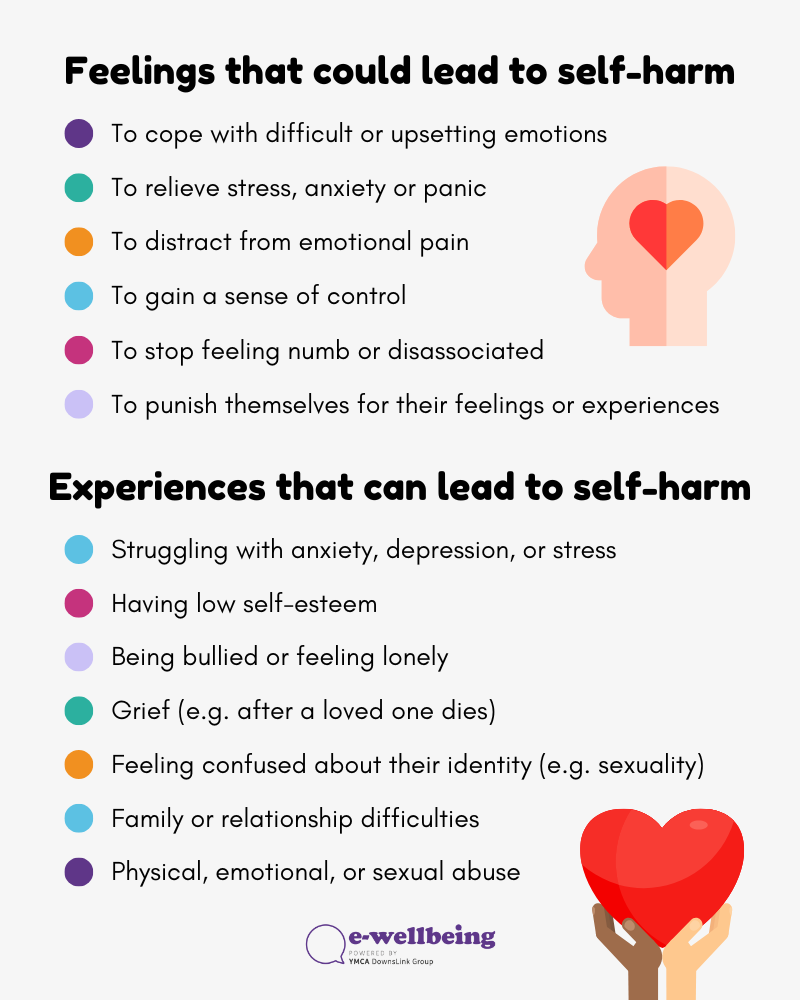
Why do people self-harm?
Difficult feelings and experiences can affect us all in different ways, and some may feel like the only way to cope is through hurting themselves. How people respond shouldn’t be judged, however it is important to find support so they can find a safer way to cope that will help their mental health longer term.
Here are some examples of feelings and experiences that may lead to self-harm.
You can also find some more information about coping with self-harm here: Information for 11-18 year olds on coping with self-harm - Mind
NOTE: if someone has these feelings or experiences, they may be more at risk of hurting themselves, but it doesn’t mean they definitely will self-harm. In the same way, a person might hurt themselves for other reasons that aren’t included in these examples.
You are not alone...
When you’re struggling with difficult feelings or experiences, it can feel like there’s no way to escape or feel better. However, help is out there, and you are not alone. In this video from YoungMinds, a young person who has experience of self-harm talks about their journey and how they got the support they needed.
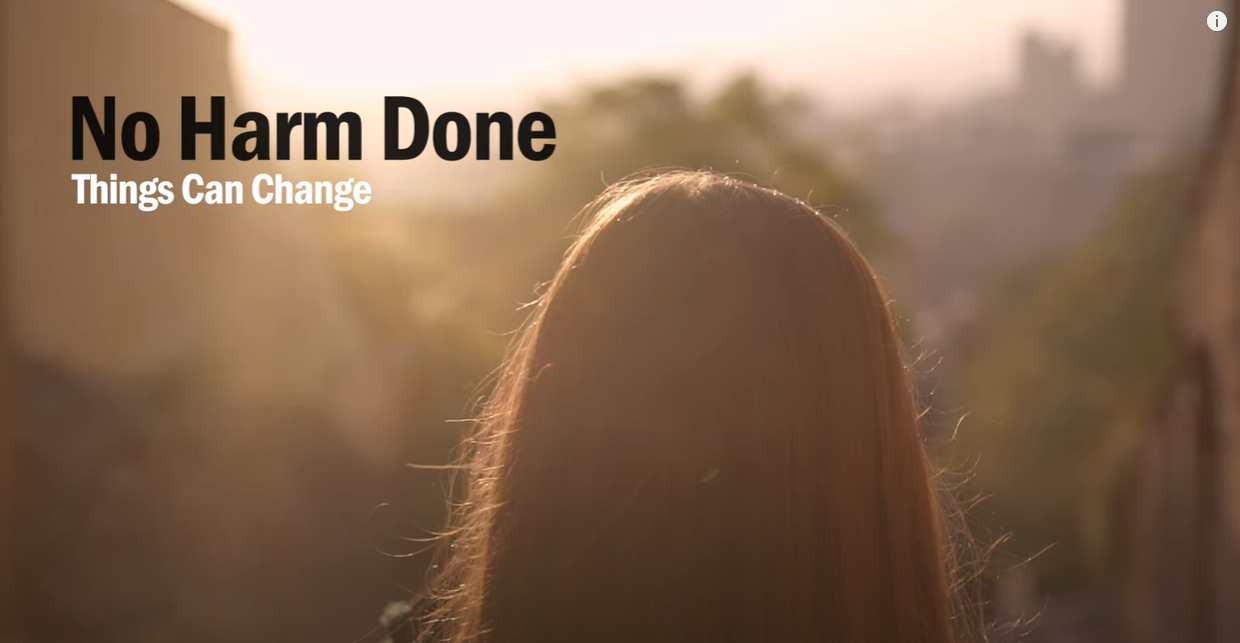
What does 'self-harm' mean?
**TRIGGER WARNING**
This section includes examples of self-harm, and this may be a topic that some find distressing. If you would rather not read this, please scroll down to the next section instead.

Self-harm can include:
- Cutting or scratching
- Biting or burning skin
- Hitting or punching yourself
- Pulling out hair (e.g. from head or eyelashes)
- Using alcohol or drugs to cope with problems
- Taking part in unsafe behaviour (e.g. unprotected sex)
- Under or overeating
- Exercising to the point of hurting yourself
These are just a few examples, and everyone experiences things differently. If you are doing any of the above and you’re worried this might be a way of self-harming, you are not alone, and help is out there.
If you need immediate medical help, or someone you know is seriously injured, click here to get urgent support.
What if I can't stop self-harming?
It can be difficult to stop self-harming, especially if this has been a coping mechanism for you for a long time. While it is important to find a safer alternative, we understand that it may not feel possible to stop straight away.
If it feels impossible to stop self-harming right now, it’s important that you try to stay as safe as possible while doing it. Here are some ways to stay safe:
- Keep cuts or wounds clean with soap and warm water, or a fresh plaster or bandage if needed
- Make sure equipment you use is sterile
- Avoid mixing alcohol and drugs, especially if you are self-harming in other ways as well
If you are seriously injured or worried for your life, call 999 or go to your nearest A&E hospital.
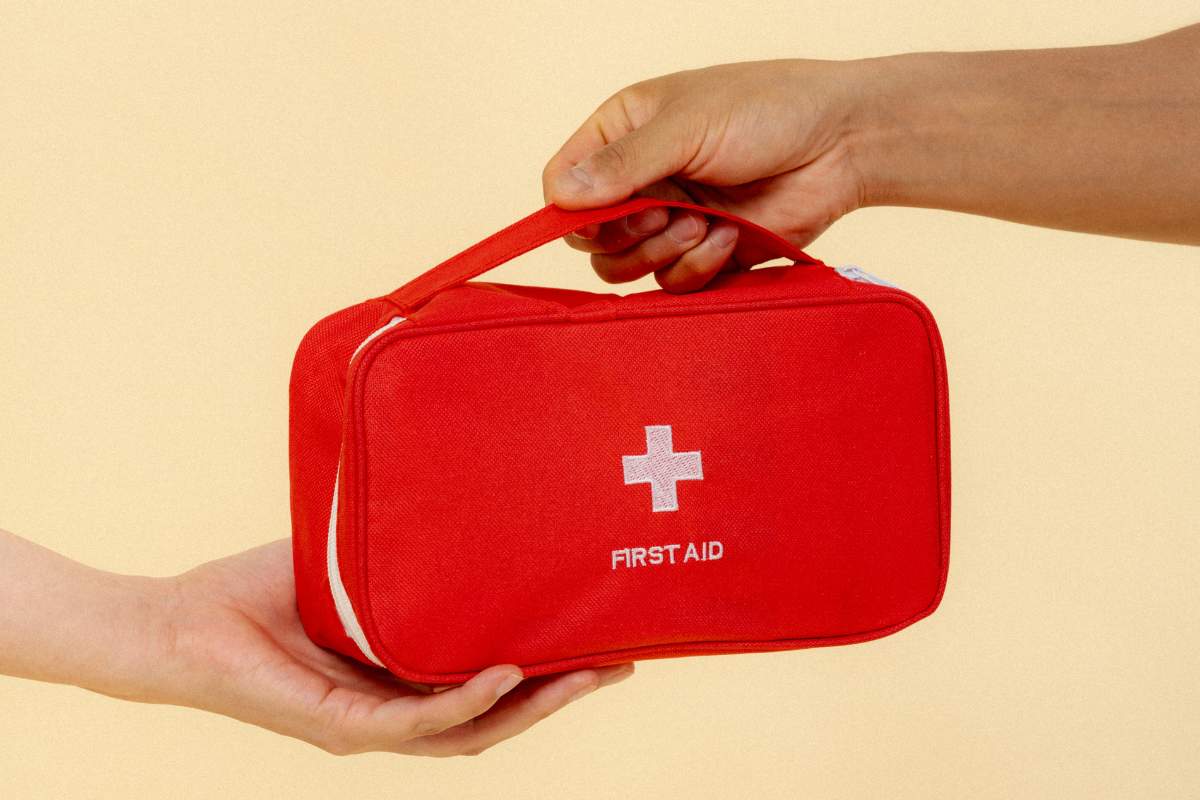
Getting support for self-harm
Read on to find tips for reaching out for help or supporting someone else, including self-help ideas and conversation starters for speaking to someone you trust.

Self-help ideas
Finding an alternative way of coping with your feelings is really important for keeping yourself safe and getting yourself some help that will have a longer-term effect.
Some people find it helpful to have distraction techniques or non-harmful things they do instead of hurting themselves. Here are some examples:

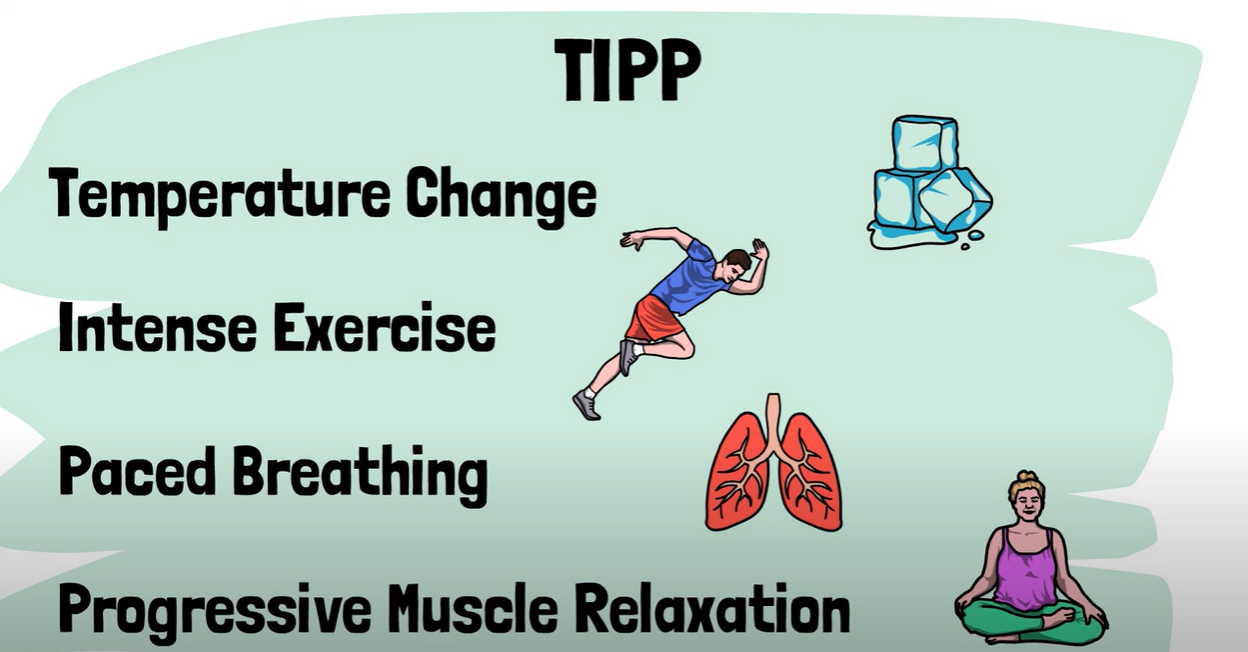
The TIPP Technique
This can be a handy way to ease the urge to self-harm. TIPP stands for:
- T – Temperature
- I – Intense Exercise
- P – Paced Breathing
- P – Progressive Muscle Relaxation
Watch the video to learn more about the TIPP technique and how it can help!

Make a Safety Plan
It can be helpful to create a safety plan for when the urge to self-harm feels overwhelming, or if you are worried about your safety. Your safety plan can include things that you find helpful (e.g. alternative coping mechanisms), people you can speak to or places you can go to feel safe and contact details for urgent support.
You can use either of these templates to create your safety plan or take ideas from it to make your own:
e-wellbeing safety plan template
Papyrus UK safety plan template
Talk to someone you trust
It may feel like you don’t know who to turn to, or that nobody will understand how you’re feeling. But reaching out to someone you trust can make a huge difference, and often isn’t as scary as we think.
Step 1: Think of someone you feel safe around. This could be a family member, friend, or a trusted adult like a teacher or youth worker.
Step 2: Think about what you want from speaking to this person. Do you just want them to listen, or do you want them to help you find some support? Once you know what you want out of the conversation, this will make it easier to focus on what you want to say.
Step 3: Ask to talk to them in a quiet space where you feel comfortable. Talking to someone face-to-face can be really helpful, but if that doesn’t feel right for you then talking over the phone or on a video call is a good alternative.
If you’re not sure how to start the conversation, see below for some suggestions!
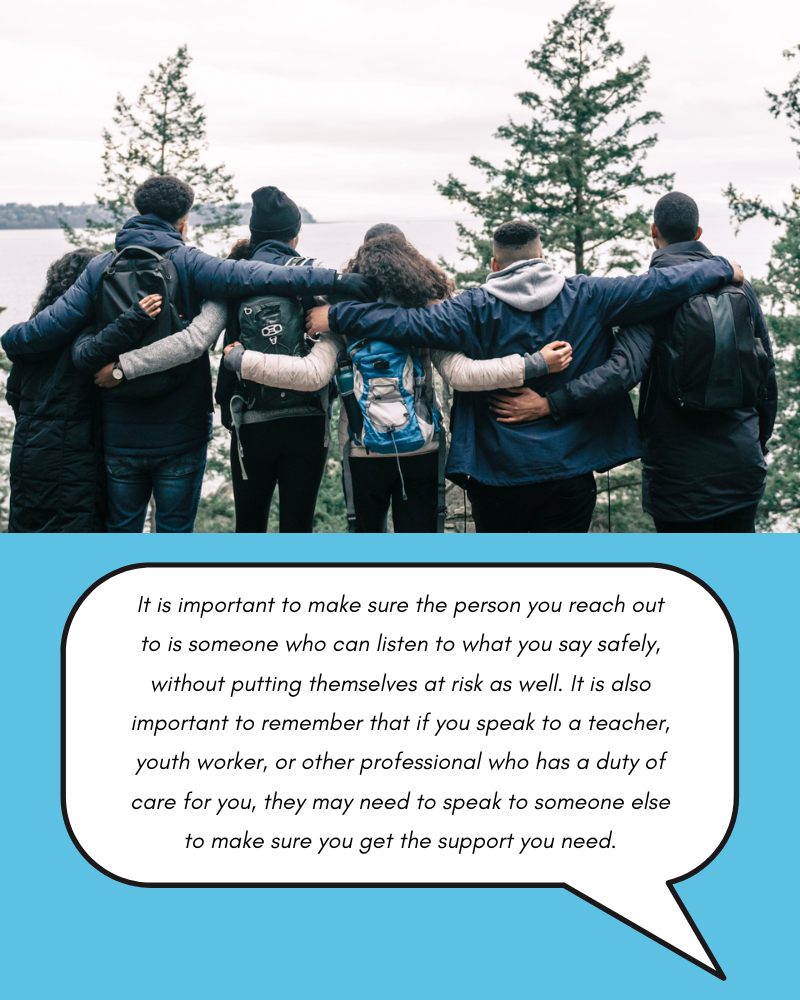


How can I support someone else?
When someone tells us something personal, it’s important to consider how we can respond in a way that’s safe and helpful. We also need to remember to look after ourselves after hearing difficult news. Here are some tips for supporting someone else if they are self-harming.
Stay calm and be patient – if someone you care about is hurting themselves, this might make you feel strong emotions. Remember: it is likely they are feeling overwhelmed and scared, so be kind and try to keep an open mind.
Ask about their feelings – there are a lot of stigma and misconceptions about self-harm, so the person may be worried about being judged. Try to ask open questions such as, “what are you feeling?” to help them feel more at ease.

Don’t try to control their recovery – even though hurting themselves isn’t helpful in the long run, the person may not feel like stopping is possible right now (especially if they’ve been self-harming for a long time). Recovery can only happen at their own pace, so try to let them take it step by step. However, if they need medical help, it’s important to help them get this. You could also help them make a safety plan or find safer alternatives, if this feels more doable than stopping completely.
Encourage them to get professional support – this could be their GP, a local mental health service, a support group, or a helpline like Samaritans. Remember: although it’s great they’ve reached out to talk to you, you can’t take the full responsibility of helping them get better. A professional who doesn’t know them personally will be able to offer them support in a safe and secure way.
Other ways to manage your feelings
Build a ‘Safe Box’ with things that bring you comfort or happiness. This could be a physical box, or a folder or app on your phone, and things you could include are a playlist of your favourite songs, photos of you and loved ones, toys or items that are special to you, or even some funny videos.
Manage your time on social media if this makes your mental health worse or you feel you spend too much time scrolling. Try limiting your time online, and make sure you are off your phone at least an hour before going to bed. If this feels too tricky, take some time to consider who you follow on social media or the sites you regularly look at. It can be helpful to follow people or sites that boost your self-esteem or make you feel inspired, rather than making you feel like you have to compare yourself to them.
Take notice of your day-to-day routine and make small changes to improve your mood. Make sure you’re getting enough sleep each day, spend time outside in nature, and be kind to yourself in the same way you would to your loved ones. You deserve kindness too!
Support Services and Helplines
Read on to find contact information for local and national services, helplines and other places you can get support.


For urgent support:
If you (or the person you’re supporting) are seriously injured and need medical treatment - Call 999 in emergency or go to your nearest A&E hospital.
For non-urgent medical help, you can call 111 or use the NHS 111 online form by clicking here.
By using this form, you can describe what you need help with and you’ll be directed to the most suitable support they can offer at the time.
- Call 116 123 for free to speak to someone who won’t judge or tell you want to do
- Available 24 hours a day, every day of the year (including weekends and bank holidays)

24-hour helplines
Text 88247 or call 0800 068 4141 for free, confidential support for thoughts of suicide. Available 24 hours a day, every day of the year (including weekends and bank holidays).
Call 0800 0309 500 for free or call NHS 111 and choose the mental health option. They offer free support urgent mental health support for people in Sussex. If you prefer to text, you can text SUSSEX to 85258. Available 24 hours a day, 7 days a week.
Free mental health support for under 19s, online or over the phone by calling 0800 1111. Available 24 hours a day, every day of the year (including weekends and bank holidays).

Other helplines and apps
Call 0300 304 7000 to get non-judgemental and compassionate emotional support. They can help anyone affected by mental illness, including families and carers. Available 4-10pm, every day of the year (including weekends and bank holidays).
This free app helps people manage or resist the urge to self-harm through wellbeing activities and techniques. The app is for young people over the age of 13 and is private, anonymous and safe. Available all day, every day, without a referral or waiting list.
Get anonymous peer support from other young people on this safe, inclusive digital community. They also offer support including counsellors, scheduled 1-1 therapy, and over 700 resources. Available all day, every day, without a referral or waiting list.

Get Help
If you are struggling with self-harm, or you know someone else who needs help, you are not alone and support is out there.
For non-urgent services in your local area: CLICK HERE
For urgent and emergency help CLICK HERE.
